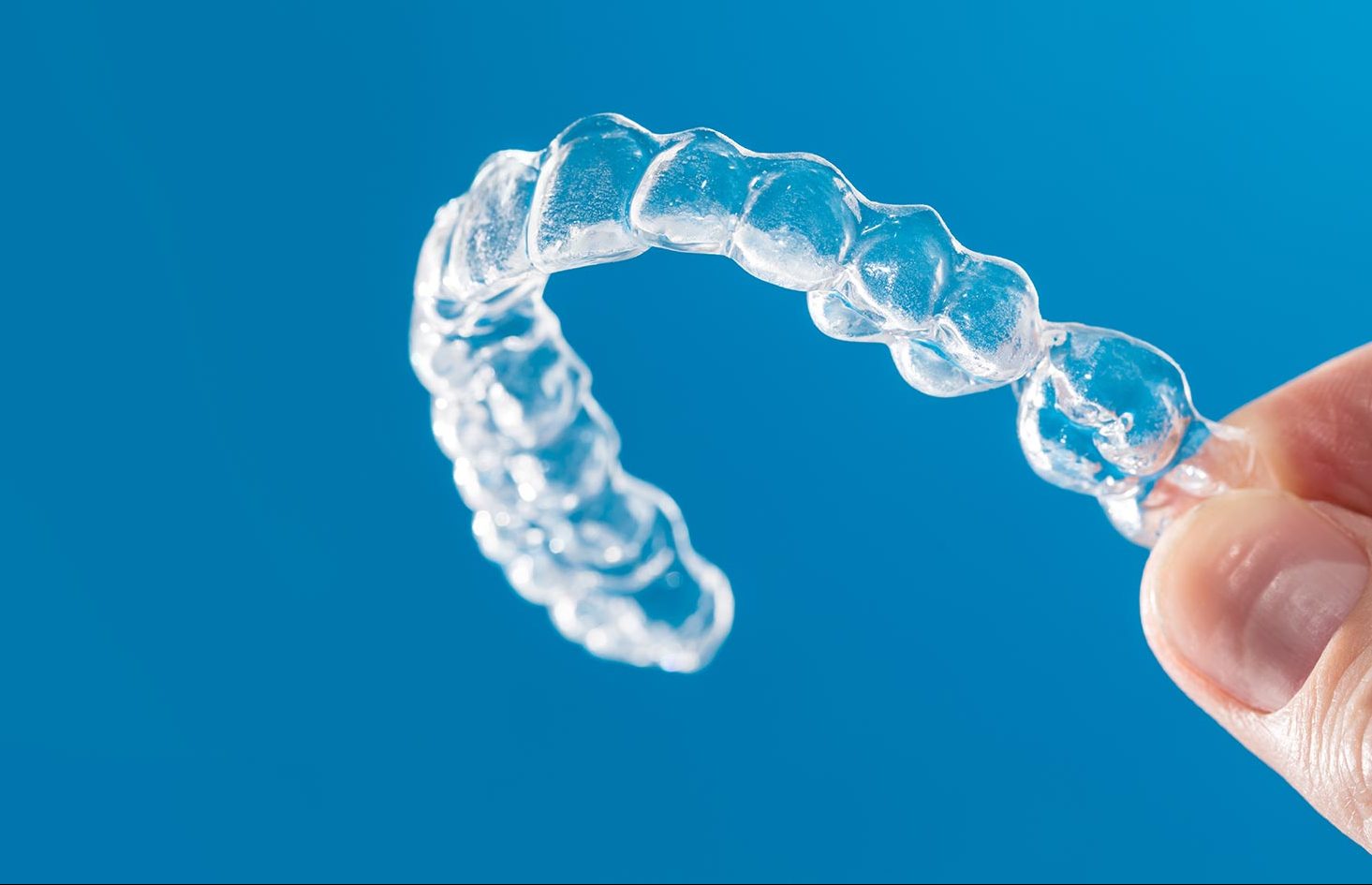
Neel Kothari questions whether teledentistry is taking advantage of the dental profession in the UK.
Recently there has been a growth in companies offering orthodontic treatment directly to patients, bypassing the need to see a dentist or an orthodontist.
The online marketing from these companies seem to follow a common theme.
The patient fills out a questionnaire and sends photos to the companies.
They then arrange for an intra oral scan or some form of ‘do it yourself’ home impression kit.
This is overseen by an unnamed ‘dentist’ or ‘orthodontist’.
A dentist or orthodontist supplies a series of aligners directly to the patient.
All without any form of face-to-face monitoring – a process coined ‘teledentistry’.
Is teledentistry putting patients in danger?
In America this has faced fierce opposition, with regulatory action taken in California, Alabama and Georgia.
Professional bodies such as the American Dental Association (ADA) and American Association of Orthodontists (AAO) have alleged that the practice puts patients in danger and is practising medicine illegally.
To the public this may seem like protectionism and another story receiving media attention like black cab drivers and Uber.
But, unlike the black cab/Uber debate, here we have a unique situation.
Online companies are claiming that registered dentists or orthodontists oversee the process.
One company advertises on its website that: ‘A UK-registered dentist or orthodontist will assess your smile and determine if ******** clear aligners are the best fit for you’.
Their choice legal wording strongly suggests they have some form of clinical assessment and have the safeguard of UK registration.
This begs the question – is the unnamed dentist or orthodontist practising dentistry?
The answer may seem obvious.
But ‘assess your smile’ is not a substitute for a ‘clinical assessment’, which needs a face-to-face assessment.
The fact that the clinician is ‘registered’ is a convenience for the company, but does their role really require this?
Unarguably, there is no recognised body of opinion within our profession that advocates ‘remote’ assessments or contactless monitoring.
So, I ask again, is this the practice of dentistry?
Is there a trading standard issue here if advertisements are misleading patients?
Concerns
My concern is twofold.
Firstly, advertisements mislead some patients into thinking treatments include the safeguards of seeing a UK-registered dentist or an orthodontist.
Secondly, if things go wrong, will the profession pick up the pieces of what is essentially a gamble from venture capitalists?
In my opinion, teledentistry companies are removing inconvenient safeguards that don’t fit their business model and gambling that things go well.
This is a little like removing bricks from the game Jenga and hoping that the tower doesn’t topple.
If it transpires that patients have suffered harm as a result, the GDC needs to decide whether it wants to be on the right side of history, because at the moment their silence is deafening.


